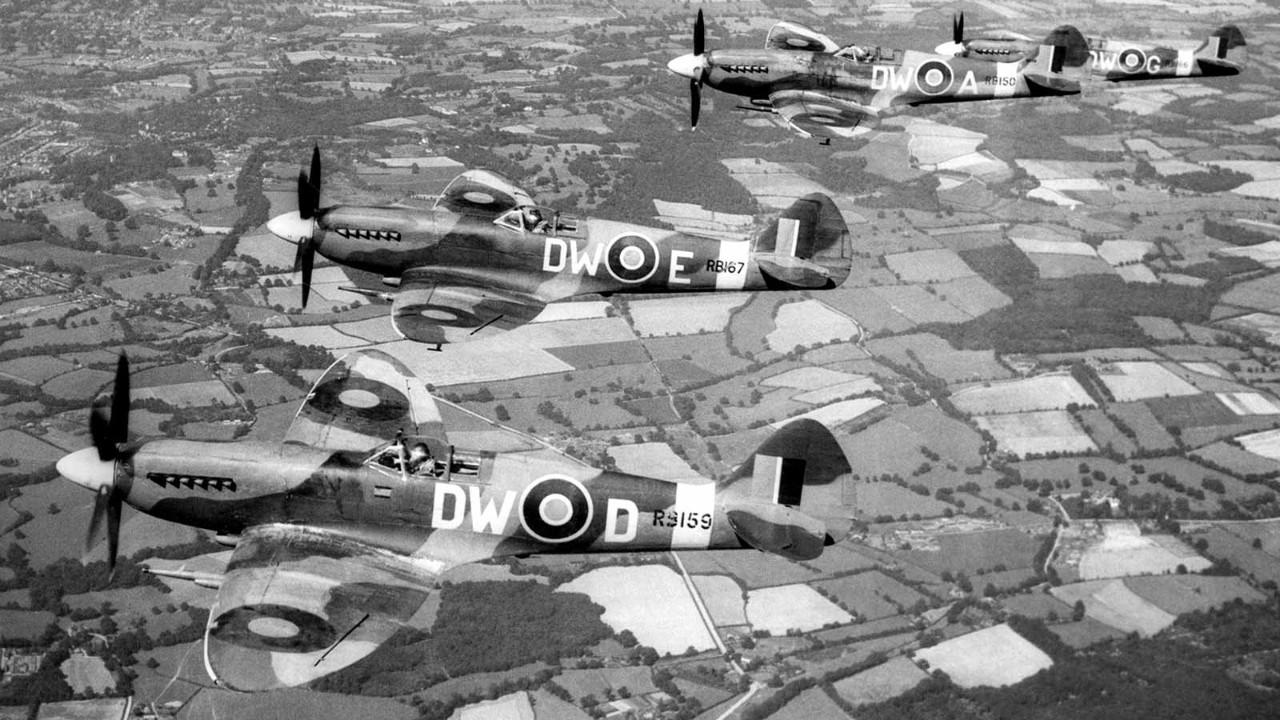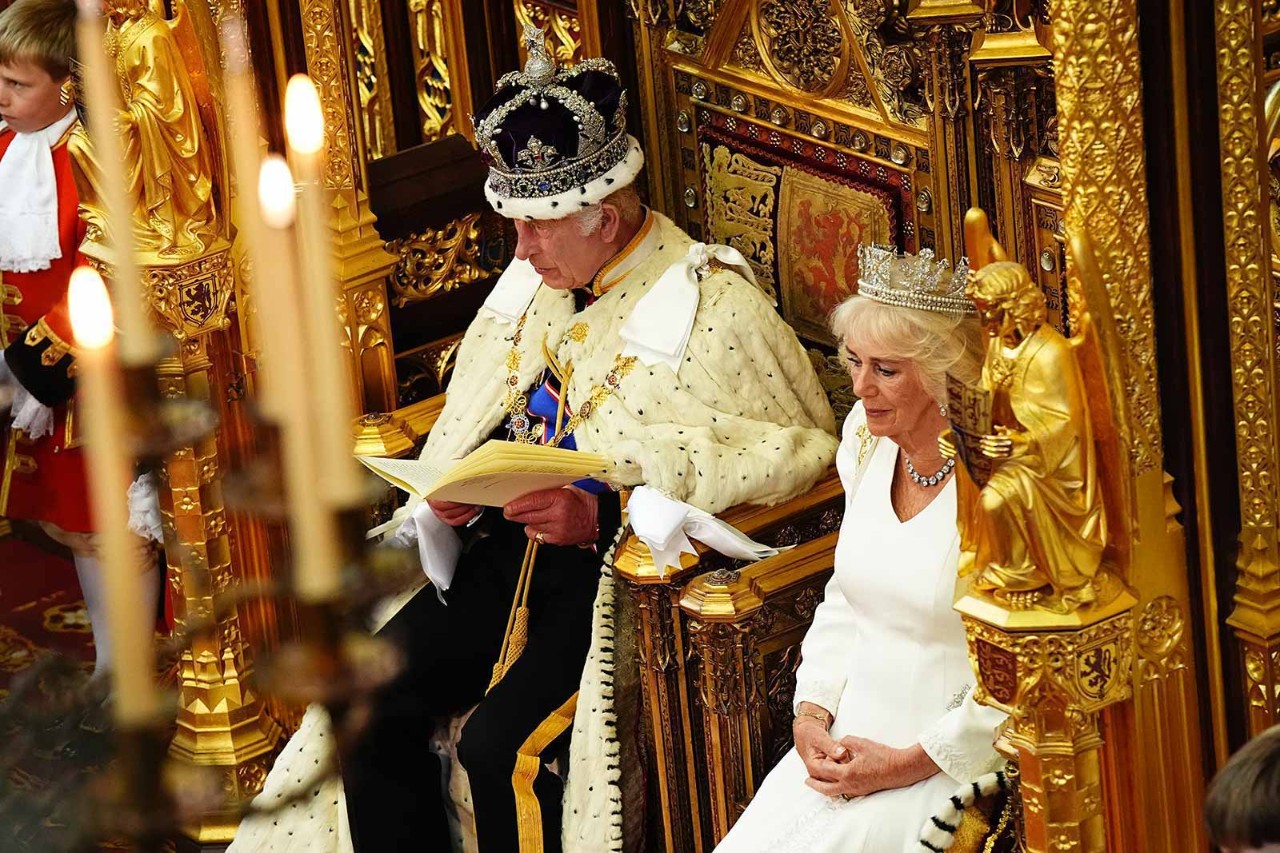
Context is all. The general election was, it was argued, woefully short on proper tax debate. And by an extraordinary coincidence, when I was leafing through some pamphlets in my favourite rare books store in Bath the other day, I came across a publication dating from February 1942 called Income Tax Quiz for Wage Earners.
Its target audience is clear from the illustration on the cover. It shows a chap in a cloth cap eagerly reading it with the obligatory cigarette between the fingers of his right hand. The Second World War was then raging.
At that point Singapore had fallen. The US was engaged in huge naval battles in the Pacific. The British were gearing up for the pivotal Battle of El Alamein in the sandstorms of North Africa. My father would shortly be battling behind enemy lines in Burma, dependent on a sometimes haphazard dropping of supplies from the air. And the good people of Britain, particularly those in London, were struggling to get by in the rubble of their bombed streets.
‘10 pence out of every shilling you pay in taxes goes to pay for victory’
For the Inland Revenue, the battle was for the cash to pay for those extraordinary times. The inside back cover deals with ‘What Your Money Buys’. The wartime cost of running the country ‘is now £13,000,000 a day’, it points out gravely, ‘of which about five-sixths is for actual war expenditure’. And then underlines this: ‘This means that 10 pence out of every shilling you pay in taxes goes to pay for victory.’
In an admirable but obviously necessary calculation it tells its readers what the staff of an average factory employing around a thousand men and women workers stumping up a total income tax payment of some £35,000 a year might pay for. A month’s worth could pay for ‘two corvette motorboats’ or ‘one 25-pounder field gun’. A year’s worth would pay for ‘four Spitfires’ or ‘777 large general-purpose bombs’.
Clear explanation
Explanations and exhortations need to be clear when there is a war that must be paid for. So there is a foreword from the chancellor of the exchequer. And in contrast to our own times, he emphasises not so much the ‘what’ but the ‘why’ of taxation. It is a different world.
‘It is my earnest desire that every taxpayer, however large or small his tax bill,’ he writes, ‘should have the opportunity of understanding how his assessment is made up so that he makes his contribution in the light of it, and in the knowledge that it is an essential part of our great fight for victory’.
It makes the tax system of our own times seem almost frivolous
There is none of the closing down of helplines that bedevil our own taxing times. ‘If you cannot find in this booklet the answer to any point which has arisen in your own case, do not hesitate to call at, or write to, the office of your local Inspector of Taxes, where you will be given every assistance possible.’
It may not, in those difficult times, have actually happened. But the emphasis was that it should happen. It makes the tax system of our own times seem almost frivolous. And it emphasised that we were, as they said during the war, all in it together. In a telling paragraph under the heading, ‘How does Income Tax on bigger incomes compare with mine?’ our man in the cloth cap is firmly told: ‘On the highest incomes £19 out of £20 must be paid in Income Tax.’
I am sure there would have been ways around it. But the intention is clear. The system is fair and its application clear and resolute. How different to tax in our own good times.



